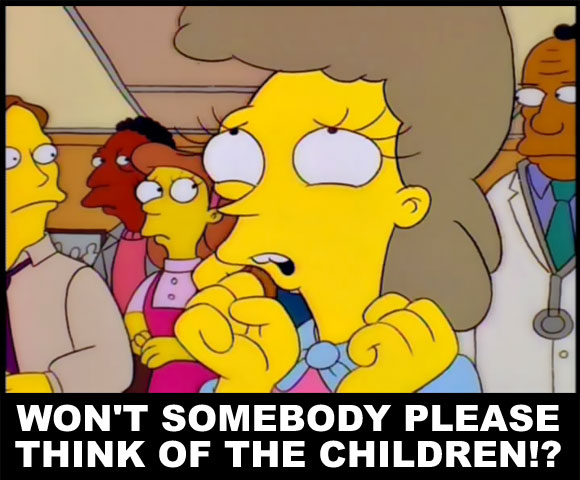 |
| Nicotine, a socially acceptable drug. |
Ken Clarke yesterday commented on the the UK "Plainly Losing the War With Drugs". I've written and spoken about this topic more times than I can remember but for me the reason we are 'losing' the war is that politicians and the media are fighting the wrong war! Instead of being in a war against drugs we should be fighting the harm that drugs cause. I feel another rant starting...
Far too often people speaking on the topic talk about minimising drug use, but this isn't where most of the harm occurs. If all of the casual users stopped tomorrow would you see a fall in crime or drug related health problems in people? I doubt it, the people with habits will continue to use because they need to. As long as their drug use is seen as a criminal problem and not a health problem it is much less likely that they will seek the help that they need.
A few things that Mr Clarke said I find quite interesting:
"My purely personal view is I'd be worried about losing the deterrent effect of criminalisation on youngsters who start experimenting. The really key thing is to work out what can get fewer young people to start experimenting with drugs...
"One thing that does put them off is they could get into trouble with the police if they do it. Once you tell them they won't get into trouble, I've always felt that more of them would experiment."
In my experience, it being a crime doesn't stop young people experimenting. Just looking around the people I personally have known over the years, plenty have tried at least cannabis, yet very few were what I would define as drug users. It being a crime didn't stop David Cameron himself trying cannabis, even with his political aspirations - although he apparently 'didn't inhale'. (Even back then just wanting to seem to fit in). It also apparently didn't stop:
That's just all that I read in one article. These aren't ignorant people, unaware of the risks involved, both criminally or health wise, and they all turned out fine (well except for perhaps Tom Spencer when it was a case did have an impact on his political career with it being a smuggling issue). Whereas had they been criminally convicted at the time of the incident then it would have tarred their futures and they probably wouldn't be where they are today (in some cases perhaps that'd be a good thing?).
Young people in particular will always experiment, they will always push against their boundaries to learn from themselves. Just because an authority figure says that something is bad doesn't mean that they will believe them, especially when they see the hypocrisy surrounding it. In fact, I'm sure plenty of young people try them because an authority figure tells them that they can't!
More from Mr Clarke:
"We've engaged in a war against drugs for 30 years. We're plainly losing it. We have not achieved very much progress. The same problems come round and round but I do not despair. We keep trying every method we can to get on top of one of the worst social problems in the country and the single biggest cause of crime."
Firstly, if drugs we legalised, how much of that crime would fall away? Just what proportion of the cause of crime that he's talking about is in relation to the cultivating, supplying/distribution and possessing of the drug. Yes, where drug dependency forces users into crime to fund their habit this is a problem - but are these people more likely to be able to break from their criminal behaviour if their habit is illegal? I can only see that happening once they are in jail (and since 7 percent of heroin addicts try it for the first time in jail* even then they may not break from the cycle). How much of the violence that drugs creates due to rivals vying for the same distribution channels, trying to get their share of the high profit margins from operating in the black market? How much of these high profit margins would still be there if a legal (and taxed) market still existed?
Secondly, why is it a social problem? Is it because addicts are shoved into the margins of society, hidden away rather than helped? Does criminalising these people help them out of the shadows of force them into there in the first place?
Finally, Mr Clarke says that they keep trying every method, however the only methods that they are trying relate to prohibition and never evidence based policy. If we are to ever reduce the harm that drugs can do to people's lives, to communities then I feel that we really need to look, as a minimum at evidence based legislation, with decriminalisation and then legalisation being the better steps.
Professor David Nutt (who I often reference when talking about this) has written another excellent blog post after recently giving evidence to the parliamentary select committee. He makes many excellent points, but I in particular agree with one of his opening comments:
"I strongly believe that we should focus on public health approaches to the drug problem, and decriminalise the possession of drugs for personal use, for the following simple reason;- If users are addicted then they are ill, and criminal sanctions are an inappropriate way to deal with an illness. If they are not addicted then criminalisation will almost always lead to greater harms to the user than the effects of the drug."
Overall my personal opinion is best summed up as:
The sooner we let our drugs policy develop beyond "Drugs are bad - because the media says so" the better
(Shamelessly stolen from @mynameisedd on twitter)
*Link is on the Sun's report on the same story here. (I don't like to blindly link people to News International).






